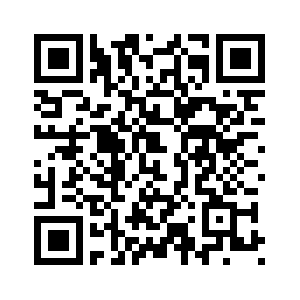BEIJING, June 23 (Xinhua) -- China's new approach to contain the coronavirus pandemic in capital Beijing could be "a bellwether for how China may handle future outbreaks," The New York Times reported on Friday.
Beijing's leaders "are not crushing the entire city, and its nascent economic revival, with heavy-handed restrictions," Keith Bradsher and Chris Buckley wrote in an opinion, titled "In this coronavirus wave, China tries something new: restraint."
Mentioning that shops, restaurants and hair salons are still operating in some parts of Beijing, the article said testing and contact tracing are "key to the government's containment strategy."
The daily nucleic acid testing capacity of Beijing had surged from 100,000 to more than 230,000 as of Saturday, local authorities said.
Since June 13, people working in the wholesale market of Xinfadi, which was related to most newly reported cases, residents in nearby communities, and people who visited the market have been organized to take nucleic acid tests.
The city has also prioritized the testing for employees of restaurants, grocery stores, wholesale markets as well as courier and food delivery firms, according to the municipal government.
Beijing has adopted stricter measures in its second phase of dealing with the novel coronavirus, such as installing 24-hour security checkpoints in local communities and advising people to step up on social distancing, the South China Morning Post (SCMP) reported.
"The risk of imported cases starting fresh outbreaks would remain the main threat to China, where a swift and vigorous response would be needed to contain the outbreak," Michael Baker, professor of public health at the University of Otago in Wellington, was quoted by the SCMP as saying.
China's response is "highly likely to be successful, given China's demonstrated experience with such control measures," Baker said. Enditem



